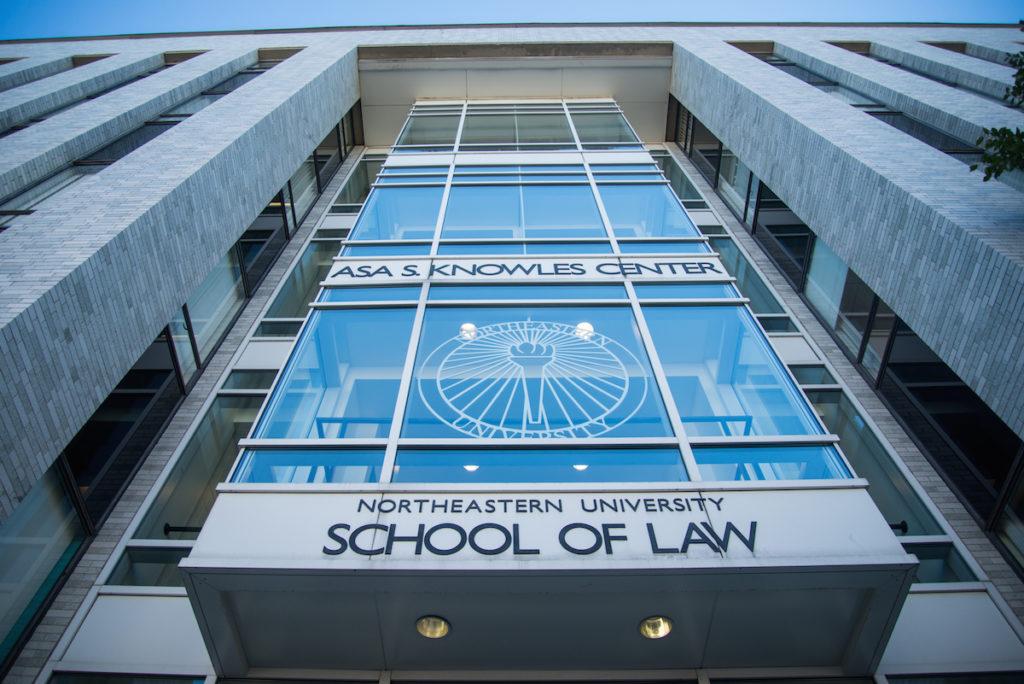By Varun Goyal, deputy news editor
Each year, Northeastern University’s Program on Human Rights and the Global Economy (PHRGE) directs its attention toward various issues impacting the global economy. The focal point of the center’s 10th annual conference will be the human right to access clean, drinkable water and help provide more information regarding that right.
PHRGE is a human rights center housed by Northeastern University’s School of Law. It will host an event called “Tapping Into the Right to Water: Accessibility, Affordability and Quality” on Nov. 5 and 6.
“The idea every year is to look at a pressing issue from a human rights perspective,” Jillian Tuck, the assistant director of PHRGE, said. “This year, we are looking at the right to water.”
According to Executive Director of PHRGE Kevin Murray, about 200 people are expected to attend.
On Nov. 5, panel discussions will address legal foundations for the right to water and community struggles for clean and affordable water. On Nov. 6, there will be facilitated working groups to address problems. Patricia Jones, senior program leader for The Human Right to Water, will give the event’s keynote address at 6 p.m.
Throughout the event, PHRGE will initiate a discussion among scholars, professionals and advocates on how to provide equally accessible and affordable water of safe and sufficient quality.
“The problem of water is becoming more obvious, not just in the United States, but globally,” said Murray. “There’s a number of cities in the US where local governments turn to large scale water shut off.”
According to Murray, nearly 70,000 families in Detroit have had their water shut off due to economic issues. In the last two years, approximately 50,000 of those families gained access back to water in one way or another, including in ways that could have been questioned in terms of legality.
“Some of the people worked out the deal with the city,” said Murray. “[There are] a lot of different things people are doing, but [there are] still a lot of people without water.”
Various members from organizations, such as the Environmental Justice Coalition for Water (EJCW), will be present. The organization directs its primary focus toward the sustainability, equitability and democracy of water policies in California. EJCW works to help various communities, especially those that are underserved, including low-income families, tribal families and communities of color.
According to Colin Bailey, executive director of the EJCW, a challenging issue is that farmers use synthetic chemicals to increase agricultural production.
“The water contamination is extreme and getting worse,” Bailey said. “It’s important to regulate the pollution that affects environmental justice communities…and that we stem the flow.”
Bailey hopes the attendees will develop an understanding of the variety of ways in which underserved communities are impacted.
“Attendees will come away with a detailed understanding of the great variety of ways in which low income communities, tribal, color communities are impacted by our failure to address all the challenges of water contamination,” Bailey said. “[They will address] live access to water and water affordability issues with an eye towards solutions and what isn’t just being done, but also what can be done in the future.”
The deadline to register for the institute is Nov. 4. Admission is free for Northeastern students, faculty and staff. For others, the event costs $35 to attend the first day and $60 to attend both days. To register, visit http://www.northeastern.edu/law/academics/institutes/phrge/.
“This is a hot button topic in the US,” Tuck said. “We’re the most developed country and we cannot provide universal access to water.”
Photo by Scotty Schenck









